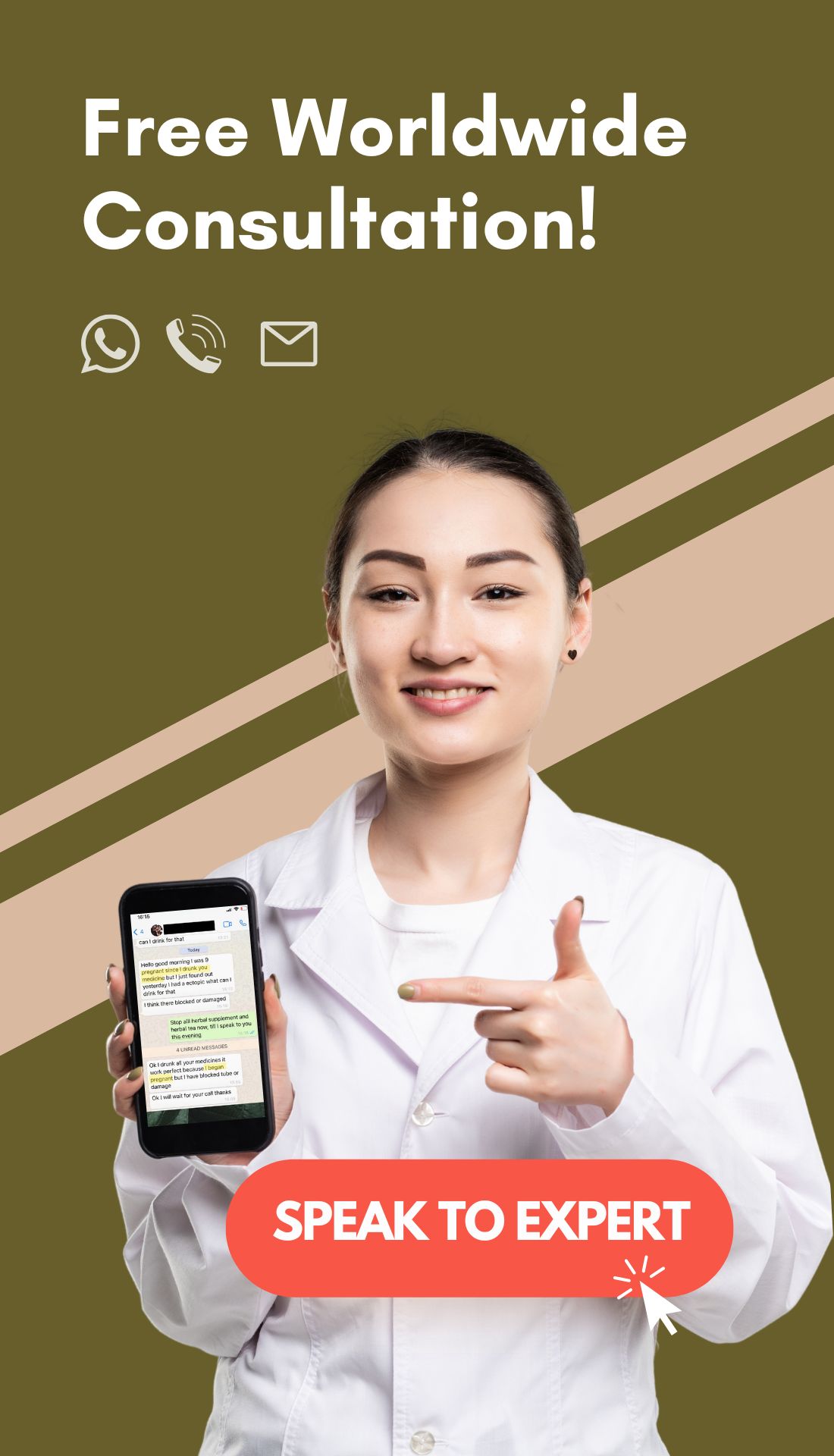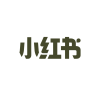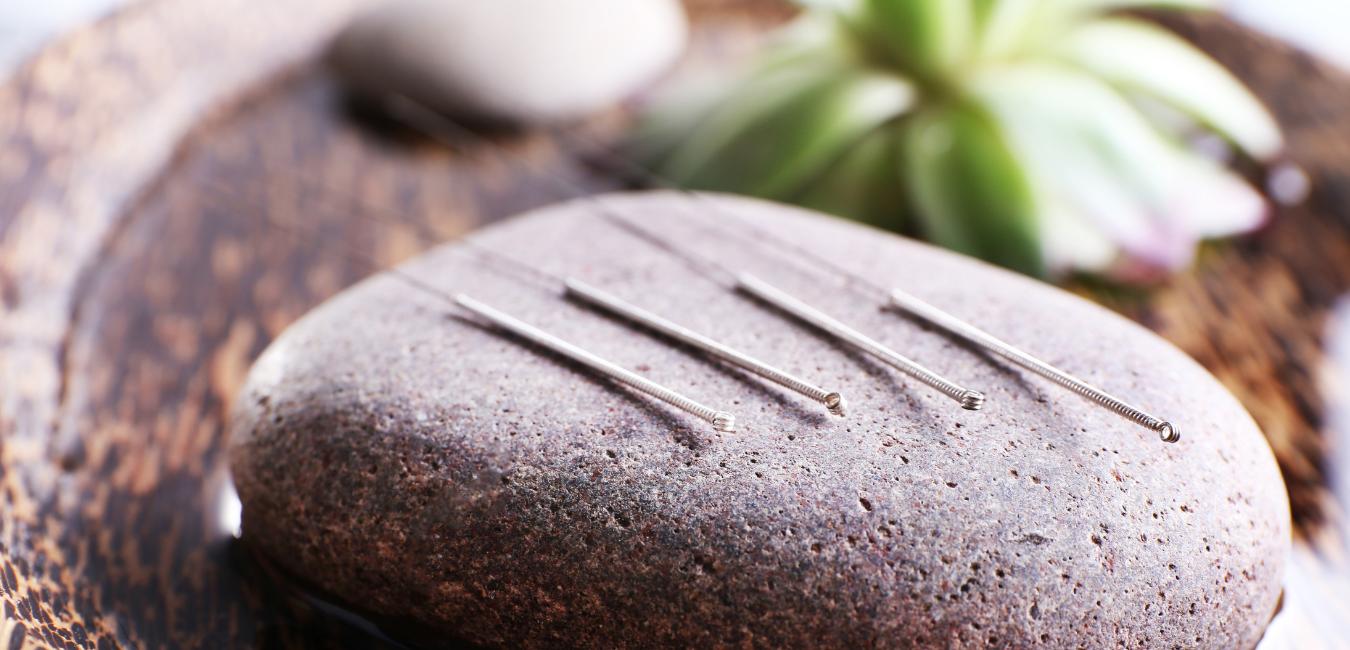
Acupuncture for Stress, Chronic Stress and Anxiety
In today’s fast-paced world, stress has become an all-too-familiar companion for many of us. While short-term stress can be a natural response to challenging situations, chronic or prolonged stress can take a significant toll on both physical and mental well-being. Persistent stress has been linked to a wide range of health issues, including anxiety, digestive problems, headaches, and even fertility issues.
In UK alone, 74% of adults have felt so stressed at some point over the last year they felt overwhelmed or unable to cope. As the search for effective stress management techniques continues, an ancient practice rooted in Traditional Chinese Medicine (TCM) has gained increasing recognition – acupuncture. This article looks into the principles, techniques, and research surrounding acupuncture for stress.
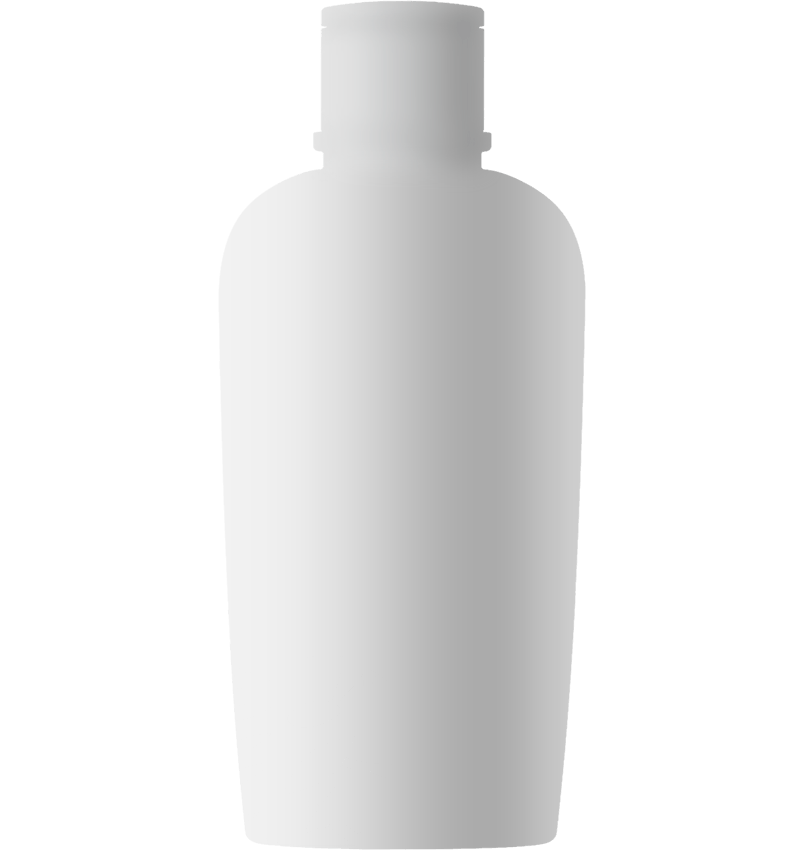
Acupuncture for Stress and Anxiety – Does it work?
Yes, research suggests that acupuncture can be an effective complementary therapy for the management of stress and anxiety. Acupuncture is a traditional Chinese medicine practice that involves inserting thin needles into specific points on the body. It has been used for thousands of years to address various conditions, including stress.
For stress management, acupuncture is thought to work by regulating the body’s nervous system, promoting relaxation, and reducing the body’s response to stressors. Several studies and anecdotal reports suggest that acupuncture can offer amazing benefits for stress and anxiety.
A 2015 study demonstrated that acupuncture can manage stress and anxiety for people who failed to respond to psychotherapy and medications. This study involved participants who underwent ten sessions of acupuncture over a 10-week period (each session lasting 30 minutes).
In another meta-analysis that reviewed 20 studies and involved 1,823 participants, researchers attempted to determine acupuncture’s effectiveness on Generalized Anxiety Disorder (GAD). The analysis found that acupuncture significantly reduced anxiety symptoms compared to control treatments.
Chinese Medicine’s View of Stress and Anxiety
In Traditional Chinese Medicine (TCM), stress and anxiety must be approached holistically, where great emphasis is placed on addressing the root causes. TCM views stress and anxiety as related to disruptions in the body’s Qi (vital energy) flow and an imbalance between Yin and Yang. Here are some of the main deficiencies that are believed to be involved in stress and anxiety.
• Qi deficiency
According to TCM theory, stress can arise when Qi becomes blocked or stagnated in certain areas of the body. Acupuncture aims to stimulate these points to promote the smooth flow of Qi, releasing blockages and restoring balance to the body’s energy.
• Liver Qi Stagnation
The Liver is associated with the smooth flow of Qi and emotions. Stress can cause Liver Qi stagnation, manifesting as irritability, anger, depression, and muscle tension.
• Kidney Deficiency
In TCM, the Kidneys are considered the root of yin and yang, as well as the source of one’s constitutional vitality. Chronic stress can deplete Kidney essence, leading to fear, anxiety, and a weakened immune system.
• Blood Deficiency
Blood deficiency is often associated with stress, as stress can impair the production and circulation of blood. This deficiency can manifest as dizziness, poor concentration, and emotional instability.

How does acupuncture for stress work?
Acupuncture for stress operates through multiple mechanisms, drawing from both traditional Chinese medicine (TCM) principles and modern scientific understanding. Acupuncture for stress and anxiety works by:

Balancing Neurotransmitters
Acupuncture may influence the release of neurotransmitters such as serotonin, dopamine, and endorphins, which play essential roles in mood regulation and stress management. Research suggests that acupuncture can increase the production and release of these neurotransmitters, leading to improved mood and reduced stress levels.
Improving blood circulation
Acupuncture stimulates blood flow to the tissues, which can help nourish and oxygenate cells, promote healing, and reduce inflammation. In acupuncture for stress relief, thin needles are used to correct imbalances by unblocking Qi. This stimulates nitric oxide production, which improves blood circulation.
Research in Evidence-Based and Complementary Alternative Medicine demonstrated improved arm blood flow after the stimulation of the LR3 point on the foot. Another study in BMC Complementary Medicine and Therapies observed increased blood flow velocity from needles at the ST36 point below the kneecap.
Removes Qi blockages
In traditional Chinese medicine (TCM), stress is seen as a cause of qi (vital energy) stagnation or blockages in the body’s meridian system. Acupuncture points are selected to remove these blockages and restore the smooth flow of Qi, which is believed to alleviate the physical and emotional effects of stress.
Stress triggers the release of the hormone cortisol, which can have negative effects on the body when present in excess. Acupuncture is thought to help regulate the hypothalamic-pituitary-adrenal (HPA) axis, which controls cortisol production, thereby reducing elevated cortisol levels associated with stress.
Reducing cortisol
Stress triggers the release of the hormone cortisol, which can have negative effects on the body when present in excess. Acupuncture is thought to help regulate the hypothalamic-pituitary-adrenal (HPA) axis, which controls cortisol production, thereby reducing elevated cortisol levels associated with stress.
Reduces inflammation
Chronic stress can lead to increased inflammation in the body, which can contribute to various health issues. Acupuncture is thought to help regulate the body’s inflammatory response, potentially reducing inflammation and its associated negative effects. There is plenty of research to support the positive effects of acupuncture on stress, which exerts anxiolytic effects.
Promotes sleep
Stress can disrupt sleep whereas acupuncture acts as the antidote. Acupuncture may help improve sleep quality by regulating hormones like melatonin and reducing anxiety and muscle tension, leading to better sleep and further stress reduction. Researchers found that acupuncture can actually promote healthy sleep and reduce stress levels.
Ready to start your acupuncture journey? Book your free consultation and first acupuncture session with our certified and experienced experts today.

Recommended Supplements
Jia Wei Xiao Yao Tang
Jia Wei Xiao Yao Tang ( jia wei xiao yao wan, jia wei xiao yao san), is one of the best natural hormonal and anti stress supplements inspired by the principles of Traditional Chinese Medicine. This herbal blend is used to ease stress, anxiety, irritability, mood swings, sleeping disorders, digestive issues and hormonal imbalance. Jia Wei Xiao Yao are rich in health benefits and perfect to add to your daily routine.
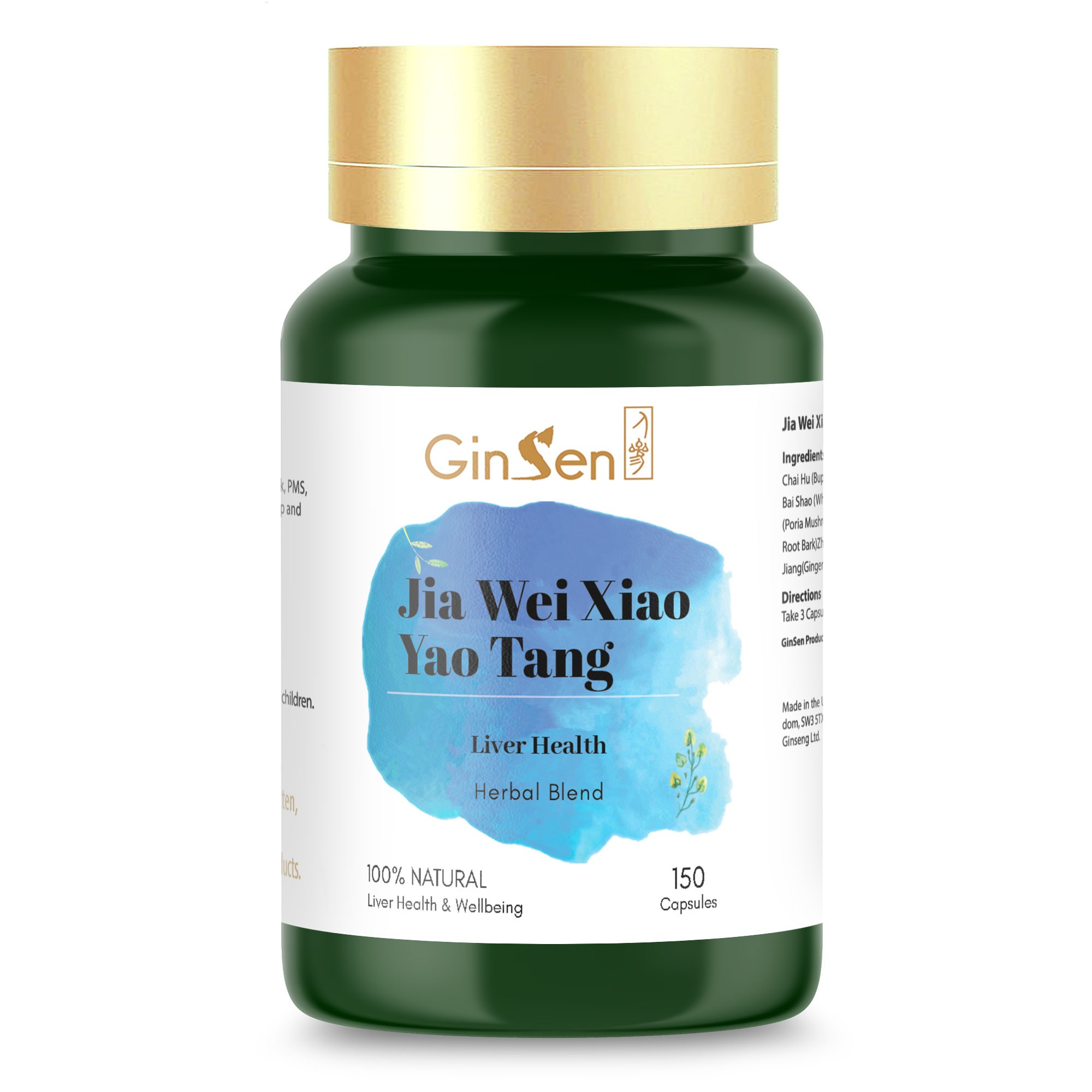
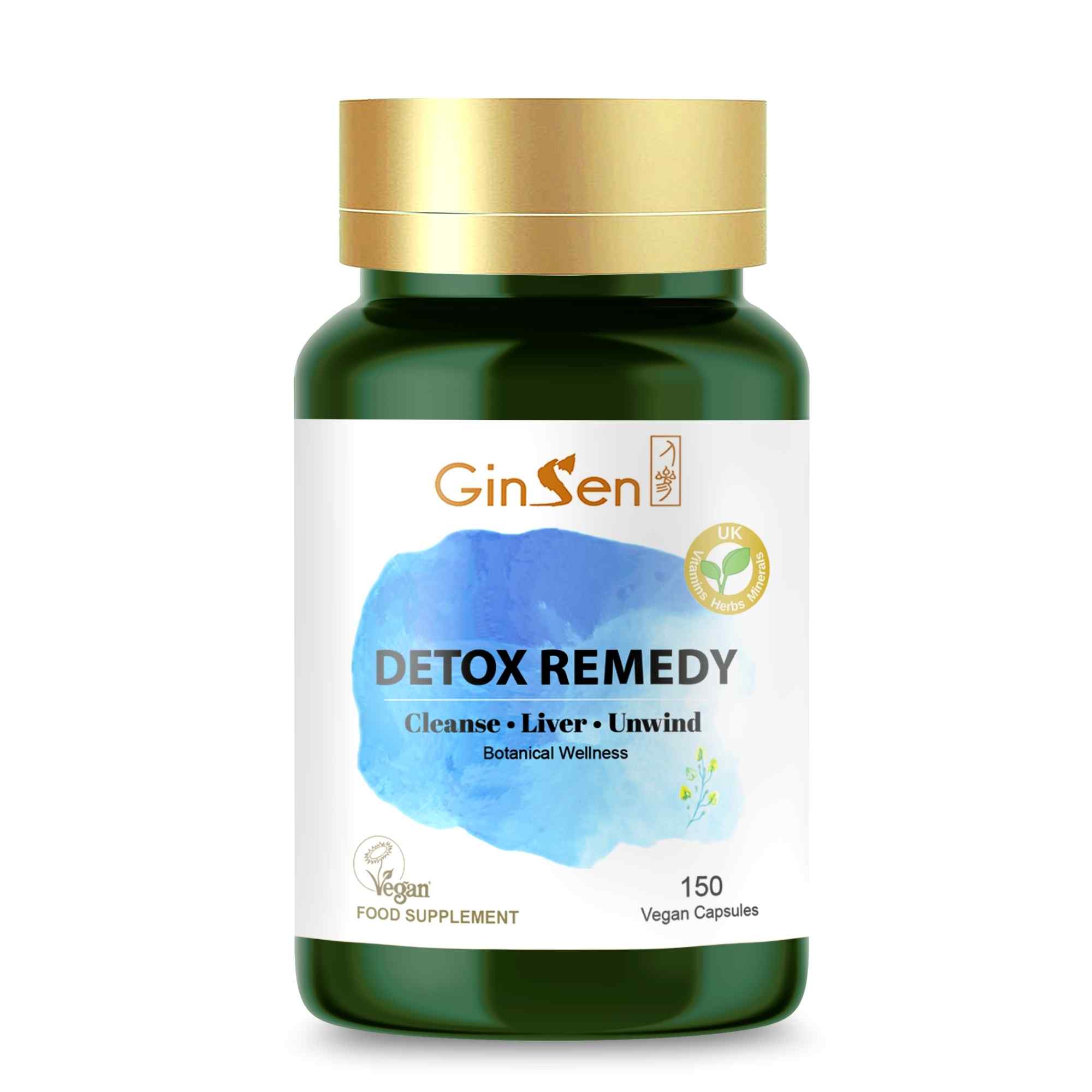
Detox Remedy
Detox Remedy is a natural stress and cleanse support supplement. GinSen’s detox supplement is a blend of herbal extract and vitamins formulated to support your body’s natural detoxification process, eliminating toxins and heat accumulated in the body. It helps support healthy liver function, enhance normal hormonal response and promote a positive mood. Giving you clarity, calming feeling, energy and an improved focus throughout the day.
The Effects of Stress on Your Body
Fertility
Stress can significantly impact fertility in both men and women. Many studies have explored the relationship between stress and fertility. Physiologically, stress can disrupt the delicate hormonal balance, leading to issues like irregular menstrual cycles, ovulation problems, and reduced sperm quality. Stress can also cause inflammation, impair implantation, and contribute to psychological factors like anxiety and decreased libido, further exacerbating fertility challenges.
From the traditional Chinese medicine perspective, stress is believed to disrupt the flow of vital energy (Qi) and cause imbalances in the body’s organ systems, particularly the Liver, Kidneys, and Spleen, which are associated with fertility.
Increased Risk of Miscarriage
Chronic and severe stress can potentially contribute to an increased risk of miscarriage. Studies have shown a link between high levels of stress and an increased chance of miscarriage. These studies are in line with Traditional Chinese Medicine’s (TCM) belief as well. Stress has a number of adverse effects on the body. It can affect hormonal balance, immune function, blood circulation, and can even potentially affect the ability to achieve and maintain a healthy pregnancy.
Related: Reduce Stress and Miscarriage Related Risk
Immune system
Acupuncture to boost immune system works by activating and balancing the immune system, allowing you to build a strong defense against any diseases you may encounter. There is a wide and growing body of evidence that acupuncture has a regulating effect on immunity: It lowers stress, has an anti-inflammatory effect and boosts blood flow which in turn improves the circulation of immunity boosting cells around the body.
Related: Strengthen Your Immune System Naturally With Acupuncture and Chinese Medicine
Recommended Supplement: Stress & Low Immune Kit
Digestive system
When the body is under stress, it diverts blood and energy away from the digestive system and towards the muscles and organs involved in the “fight or flight” response. This can lead to a range of digestive issues.
TCM associates the digestive function primarily with the Spleen and Stomach organ systems. Chronic stress can lead to Spleen Wi deficiency, causing poor appetite, loose stools, and abdominal bloating. Stress can also cause Liver Qi stagnation, which can disrupt the smooth flow of Qi throughout the body, including the digestive tract, leading to symptoms like nausea, constipation, and irritability. Additionally, prolonged stress can generate heat in the Stomach, contributing to issues like heartburn and acid reflux.
Recommended Supplement: Stress and Indigestion Kit
For more information about how Chinese Medicine can help you with stress and anxiety problems, book your free consultation with our Chinese Medicine experts today
* These statements have not been evaluated by the Food and Drug Administration. This information is not intended to diagnose, treat, cure, or prevent any disease. We can’t guarantee the treatment result, as the symptoms of conditions are unpredictable and vary greatly from person to person. The treatment length and recovery time also varies for individual. Please visit our clinics website: GinSen where a specialists will discuss your care and provide a consultation, and the treatment will be designed to meet your individual needs.


